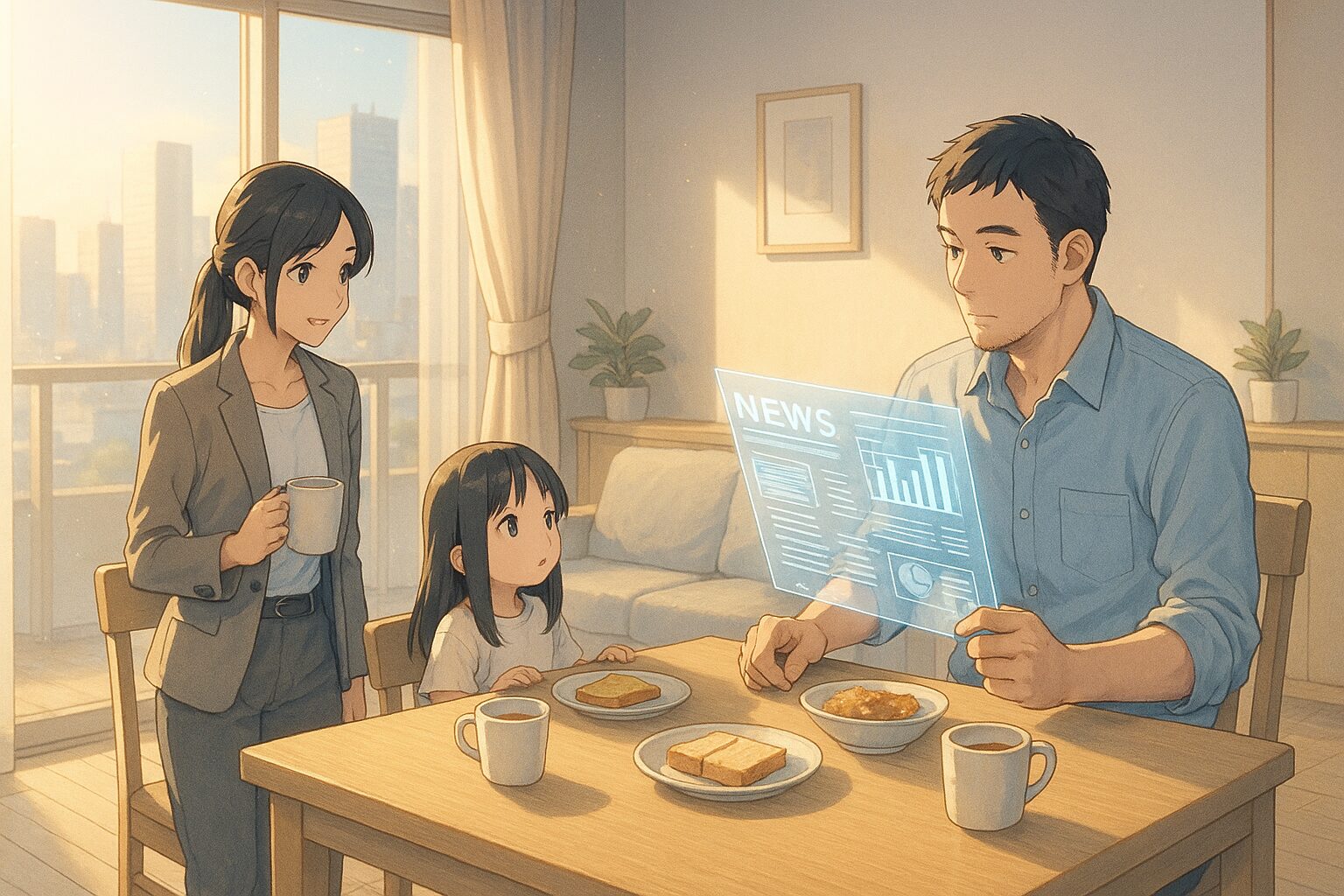Will Energy-Saving Devices Become a Household Norm?
As technology continues to evolve and change our lifestyles, the latest energy-saving devices are gaining attention. One such device is the Nest 4th Generation Learning Thermostat, which, despite its high cost, is being talked about for its potential long-term savings. If this trend continues, how will our lives change?
Today’s News: What is Happening?
Source:
https://www.cnet.com/deals/this-spendy-thermostat-is-paying-for-itself-by-cutting-my-energy-bills-and-its-still-14-off/
Summary:
- The Nest 4th Generation Learning Thermostat, though expensive, reduces energy costs through its energy-saving capabilities.
- Many are hesitating to purchase due to its high initial cost, but it is rated as cost-effective in the long run.
- Currently, a 14% discount is applied, slightly lowering the purchasing barrier.
Changes in the Background
① Adult Perspective
Environmental protection and energy efficiency are becoming socially important, leading to stricter energy-saving standards in various countries. This context has been a factor in increasing the demand for energy-saving devices. The urgency for action arises from the realities of global warming and the depletion of energy resources.
② Children’s Perspective
Energy-saving devices are becoming a familiar presence in children’s lives as well. For instance, changes in electricity use at school and home have turned eco-activities into part of daily life. This issue prompts us to think about how the electricity we use is generated and its impact on the planet.
③ Parents’ Perspective
As parents, teaching children about a sustainable future is important. By utilizing energy-saving devices, we can reduce energy consumption at home and encourage children to make eco-friendly choices. Rather than waiting for society to change, altering awareness at home is crucial for educating the next generation.
If This Progress Continues, What Will the Future Look Like?
Hypothesis 1 (Neutral): A Future Where Energy-Saving Devices Are Commonplace
As a direct change, many households will adopt energy-saving devices to reduce energy costs. This trend will likely extend to more products, resulting in energy savings for all household appliances. Ultimately, the value of energy efficiency may spread, making sustainable living the norm.
Hypothesis 2 (Optimistic): A Future with Significant Advancements in Energy-Saving Technology
The spread of energy-saving devices will promote technological innovation, leading to the development of more efficient and cost-effective devices. This technological evolution could also contribute to solving energy issues in emerging countries, allowing people worldwide to enjoy sustainable energy living. Consequently, a socially conscious society will emerge, creating new values.
Hypothesis 3 (Pessimistic): A Future Where Traditional Lifestyles Are Lost
The rapid spread of energy-saving devices may lead to a loss of traditional lifestyles and family communication. As dependence on technology grows, unique local customs and values could fade away. Ultimately, people might forget their connection to nature due to over-reliance on technology.
Questions for Family Discussion (Tips for Parent-Child Dialogue)
- Example Question: If energy-saving devices become more common, what rules would you want to create?
Goal: Choices in behavior and rule-making - Example Question: If you were to explain energy-saving devices to friends who don’t know about them, what words or pictures would you use?
Goal: Collaborative learning and communication - Example Question: How do you think energy-saving devices could make learning fun in future schools?
Goal: Imagination and learning design
Conclusion: Preparing for the Next 10 Years to Choose Today
What kind of future do you envision? While keeping in mind the day when energy-saving devices become commonplace, let’s consider how our own choices can influence the future. Please share your thoughts through social media quotes or comments.


